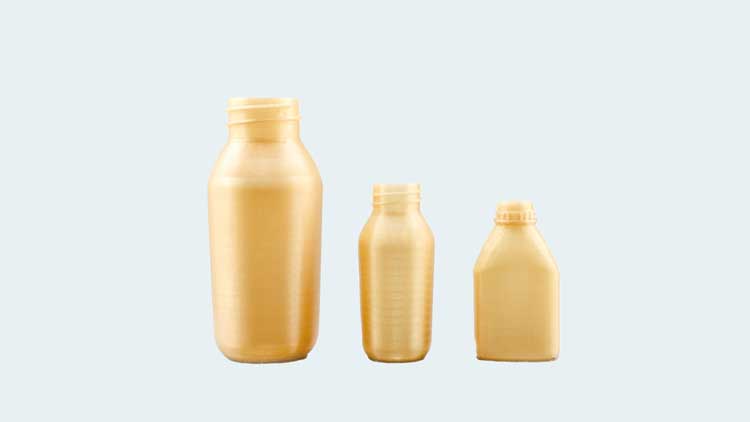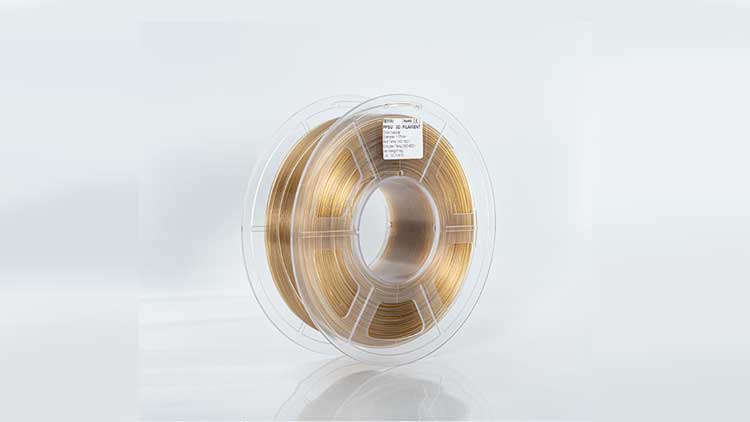
Polyester is distinctive. It is a collection of polymers with a common ester structure between two binding R-groups.In comparison to PP, polyester performs better in terms of UV protection. Studies from North Carolina State University show that polyester fibers can withstand exposure to sunlight for 12 months without losing more than 67% of their strength, whereas polypropylene fibers can only withstand exposure to high-intensity UV light for about 6 days before losing 70% of their strength.
- chalky appearance
- dis-discoloration (yellowing or whitening) of the material,
- brittleness in the material
- micro-cracks

Polyester plastics include Tritan, Polyphenylsulfone (PPSU), and Polyethersulphone (PES).Although polyester is more UV-resistant than polymers (such as PP), it is nevertheless advised to limit how long the bottles are exposed to sunlight or UV rays.We recognize that some people may want to exercise greater caution when it comes to germs and viruses during this pandemic. Please take additional care when utilizing UV light emitting equipment if you are one of them. Instead, we often advise using a decent cleaning/washing product.
Choose a glass bottle if you have to expose your bottles to sunshine or UV light because most types of glass are quite resistant to UV rays. If you favor UV sterilisation, you could also change your plastic bottles more frequently than usual.Plastic can be harmed in the same way that UV radiation from sources like sunshine are bad for and destructive to our skin. Most baby bottles are now made of plastic, which is now used in many modern applications.
